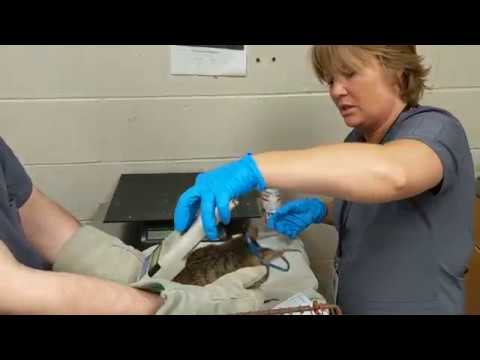
Buzzards circling a home tipped off neighbors that something was wrong in a Charleston County neighborhood. Once on the property, investigators found approximately 40 cats that need rescued, along with several inches of cat feces throughout the house.
“These kind of cases are examples of people who may have the best of intentions, but then find themselves overwhelmed, putting not only themselves, but the animals in danger,” said Charleston Animal Society President & CEO Joe Elmore.
Currently 29 cats have been rescued from the hoarding situation in Charleston County. The address is not being disclosed to allow Animal Control Officers time to complete the rescue of the remaining cats. The investigation continues.
The cats at Charleston Animal Society are facing numerous health challenges including malnourishment, parasites and other diseases. Despite this, the rescue team at Charleston Animal Society remains optimistic that most of the cats will eventually be healthy enough for adoption.
“We are working to save as many of these cats as possible and already have many of them on treatment plans,” said Charleston Animal Society Senior Director of Veterinary Care Dr. Lucy Fuller. “None of this would be possible without help from community donors.”
CAN YOU HELP?
All of these rescued animals will also be vaccinated, microchipped and spayed or neutered. Last year, Charleston Animal Society spayed-neutered 10,000 animals – thanks to the donations of community supporters.
Please give at www.CharlestonAnimalSociety.org this week to help us build our spay-neuter fund for 2019 which allows us to save more lives in the process.
source


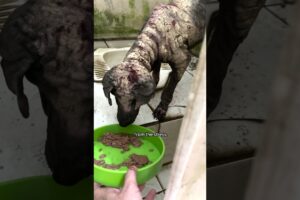
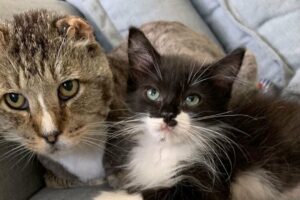
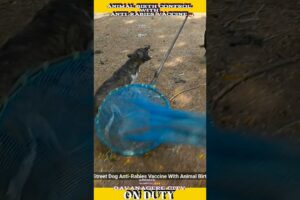
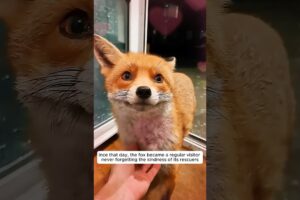
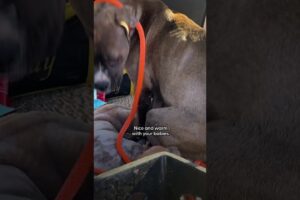
Pet microchips cause pets pain, illness and exploitation. See how the scanner is used and know it transmittes communicable diseases in shelters and veterinaries. They are like a bad drug that the manufacturer does not have to tell you what the ingredients or the side effects are because they are classified as medical (veterinary) devices. Before you implant a microchip in a pet, find out more at https://www.chipmenot.info